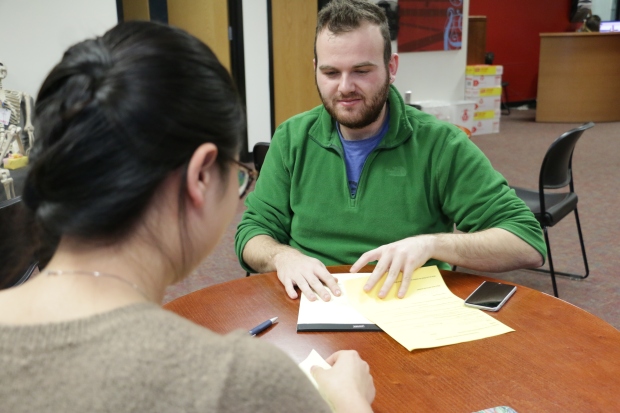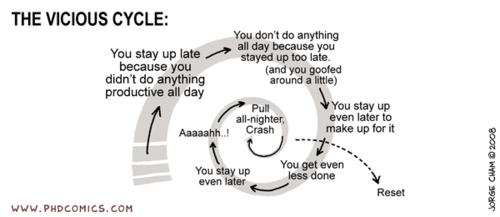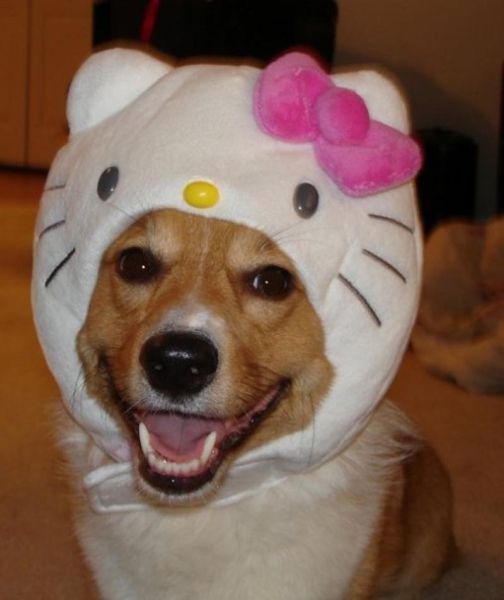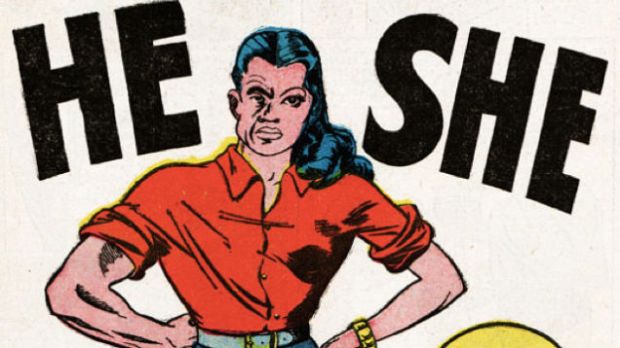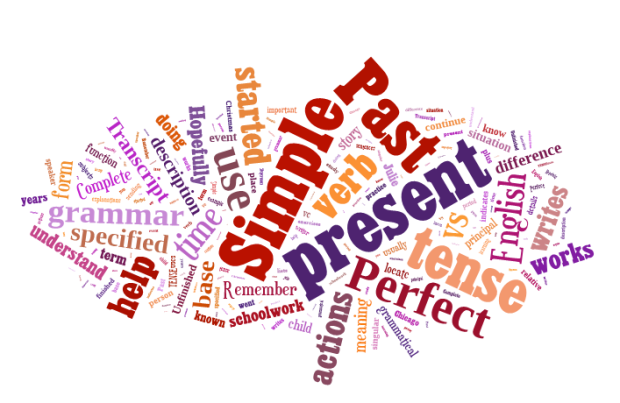
Source: dutchtraining.nl
If you want to practice your grammar, but you aren’t sure where to start, take our quick assessment! We recommend sharing your results with a Conversation Partner so that you can review the assessment together.
Basic Proficiency Assessment
Each exercise has one or more errors. Find the errors and fix them. Try to identify what kinds of errors are made in each exercise. For some sentences, there might be more than one correct answer.
When you’re done, look at the answers below (with or without a Conversation Partner). The exercises offer suggestions on what to practice based on which questions you got wrong, or in which sections you had the most errors.
Scroll down for answers and suggestions on what to practice.
Exercise 1
- Yesterday I work two hours, but today I work five hours.
- I was spraining my ankle when I ran.
- Every time I get sick, I took medicine.
- She is sleeping in every Saturday.
- Next week I go to New York, and the week after that, I visit friends in Chicago.
Exercise 2
- Smoke is a bad habit.
- The doctor advised her take antibiotics.
- I like swim.
- She needs practicing her violin every day.
- We need stop be lazy.
Exercise 3
- When I was a kid, I will always eat popsicles.
- If I was you, I will study more for that test.
- If you experience side effects, you will call your doctor.
- If they were rich, they can buy a house.
- I will not be having any of these problems if it weren’t for you.
Exercise 4
- I have study French once before.
- I have been wait here for thirty minutes.
- Have you ever write a novel?
- Professor Levy has graded all of the papers yet.
- I ate yet.
Exercise 5
- President of the United States is elected every four years.
- There are many vocabularies to know for the test.
- European Union shares same currency, a Euro.
- Few school are having difficulties adjusting to the new curriculum.
- I don’t eat the cheese or the peanuts. I’m allergic to the dairy and the nuts.
Exercise 6
- Hoping to reduce her back pain, the medication did not help the patient.
- The children ate a warm plateful of cookies.
- The man sold a car to the woman that had a broken engine.
- The Affordable Care Act, which was released on October 1st, with many options in its insurance marketplace for those who are low-income and without insurance.
- The Mars Rover Curiosity has discovered the presence of water on more than 2% of Mars equals nearly two pints of water per cubic foot and is the first time that the soil has been examined with this level of accuracy.
Basic Proficiency Assessment (ANSWERS)
Exercise 1: Mixed Tenses
1. Yesterday I work two hours, but today I work five hours.
Yesterday I worked for two hours, but today I am working for five hours.
Review: Identifying simple past vs. present continuous
2. I was spraining my ankle when I ran.
I sprained my ankle while I was running.
I was running when I sprained my ankle.
Review: Past progressive vs. simple past
3. Every time I get sick, I took medicine.
Every time I got sick, I took medicine.
Every time I get sick, I take medicine.
Review: understanding parallel structures
4.She is sleeping in every Saturday.
She sleeps in every Saturday.
Review: understanding simple present as a record of habits
If you struggled with this section, review simple tenses (simple present and past) and continuous tenses (present and past continuous).
Exercise 2: Gerunds and Infinitives
1. Smoke is a bad habit.
Smoking is a bad habit.
Review: gerunds as subjects
2. The doctor advised her take antibiotics.
The doctor advised her to take antibiotics.
Review: infinitives
3. I like swim.
I like swimming or I like to swim.
Review: gerunds and infinitives
4. She needs practicing her violin every day.
She needs to practice her violin every day.
Review: infinitives
5. We need stop be lazy.
We need to stop being lazy.
Review: gerunds and infinitives
If you struggled with this section, review when to use gerunds and infinitives.
Exercise 3: Conditionals
1. When I was a kid, I will always eat popsicles.
When I was a kid, I would always eat popsicles.
Review: past real conditional
2. If I was you, I will study more for that test.
If I were you, I would study more for that test.
Review: subjunctive mood, present unreal conditional
3. If you experience side effects, you will call your doctor.
If you experience side effects, call your doctor.
Review: present real conditional; commands
4. If they win the cash prize, they bought a car.
If they won the cash prize, they would buy a car.
If they win the cash prize, they will buy a car.
If they had won the cash prize, they would have bought a car.
Review: past and future unreal conditional
*for an extra challenge, you can review past perfect as used in conditional and would’ve/could’ve/should’ve
5. I would buy those new shoes when they are on sale.
I would buy those shoes if they were on sale.
I will buy those shoes when they are on sale.
Review: use of “if” with conditionals
If you struggled with this section, review present, past, and future conditionals.
Exercise 4: Present Perfect and Present Perfect Progressive
1. I have study French once before.
I have studied French once before.
Review: present perfect and past participles
2. I have been wait here for thirty minutes.
I have been waiting here for thirty minutes.
Review: present perfect progressive (pronoun + have + been+ -ing verb)
3. Have you ever write a novel?
Have you ever written a novel?
Review: irregular past participles (written, spoken, broken, gone, done, etc.)
4. Professor Levy has graded all of the papers yet.
Professor Levy has graded all of the papers already.
Review: use of yet vs. already
5. I ate yet.
I haven’t eaten yet.
I have already eaten.
Review: negative present perfect; use of yet vs. already
If you struggled with this section, review the present and past perfect tenses.
Exercise 5: Articles and Quantifiers
1. President of the United States is elected every four years.
The President of the United States gets reelected every four years.
Review: using “the” for specific titles or to refer to a specific “one” of something
2. There are many vocabularies to know for the test.
There is a lot of vocabulary to know for the test.
Review: countable and non-countable nouns; quantifiers (much vs. many)
3. European Union shares same currency, a Euro.
The European Union shares the same currency, the Euro.
Review: using “the” for collective proper nouns (The United Nations, The United Kingdom); using “the” to reference something shared (We have the same sweater vs. We have a same sweater)
4. Few school are having difficulties adjusting to the new curriculum.
Few schools (almost none) are having difficulties adjusting to the new curriculum.
A few schools (a small number) are having difficulties adjusting to the new curriculum.
Review: quantifiers (a few vs. few)
5. I don’t eat the cheese or the peanuts. I’m allergic to the dairy and the nuts.
I don’t eat cheese or peanuts. I’m allergic to dairy and nuts.
Review: non-countable nouns (articles are optional if you are referring to all of something, such as an allergy to all dairy)
If you struggled with this section, review non-countable nouns.
Exercise 6: Dangling Modifiers, Run-ons, and Fragments
1. Hoping to reduce her back pain, the medication did not help the patient.
The patient hoped to reduce her back pain, but the medication did not help.
Review: dangling modifiers. Back pain cannot hope for something.
For dangling modifiers, the entire sentence must be rewritten to fix the problem.
2. The children ate a warm plateful of cookies.
The children ate a plateful of warm cookies.
Review: misplaced modifier. The children did not eat a warm plate; they ate warm cookies.
3. The man sold a car to the woman that had a broken engine.
The man sold a car that had a broken engine to the woman.
Review: misplaced modifier. The car has the broken engine, not the woman.
4. The Affordable Care Act, which was released on October 1st, with many options in its insurance marketplace for those who are low-income and without insurance.
The Affordable Care Act, which was released on October 1st, has many options in its insurance marketplace for those who are low-income and without insurance.
Review: sentence fragments; identifying the subject and verb a sentence
5. The Mars Rover Curiosity has discovered the presence of water on more than 2% of Mars equals nearly two pints of water per cubic foot and is the first time that the soil has been examined with this level of accuracy.
The Mars Rover Curiosity has discovered the presence of water on more than 2% of Mars, which equals nearly two pints of water per cubic foot. It is the first time that the soil has been examined with this level of accuracy.
If you struggled with this section, review run-on sentences (see Writing Handouts and www.chompchomp.com for more practice on this specific topic).
